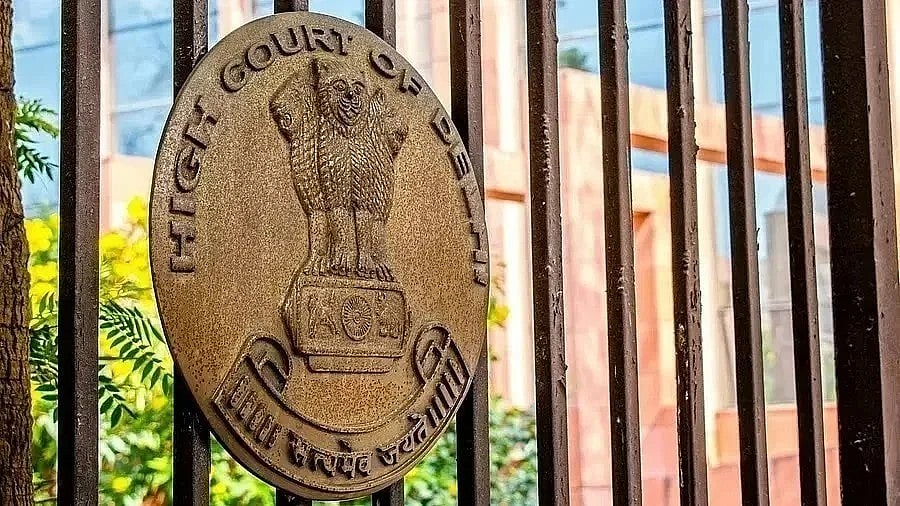
Delhi High Court.
Credit: iStock Photo
New Delhi: Is it not the time to move towards a Uniform Civil Code (UCC), ensuring a single framework where personal or customary law does not override national legislation? the Delhi High Court has asked while observing that this conflict warrants legislative clarity.
The observations came while granting bail to a man, held on rape and kidnapping charges, after he married a girl who was alleged to be a minor.
While the girl claimed to be 20 years old, the prosecution said she was between 15 and 16 years.
The high court said the "recurring conflict" is clear, that is, under Islamic law, a minor girl attaining puberty may lawfully marry, but under Indian criminal law such a marriage renders the husband an offender under the Bharatiya Nyaya Sanhita (BNS) and Protection Of Children from Sexual Offences (POCSO) Act.
"This raises a stark dilemma viz. should society be criminalised for adhering to long-standing personal laws? Is it not the time to move towards a Uniform Civil Code, ensuring a single framework where personal or customary law does not override national legislation?" Justice Arun Monga said in a September 23 judgment.
The high court said the legislature must decide whether to continue criminalising entire communities or to promote peace and harmony through legal certainty.
The 24-year-old man, who was arrested in October 2024, and his wife beseeched the court for bail and submitted that he has been incarcerated for over 11 months as an undertrial.
The girl was stated to have become a mother at 14, after she was sexually assaulted by her stepfather.
She later gave birth and the child was given up for adoption.
She found solace and dignity when the accused man married her in June 2024 under the Islamic law and the couple was had another child.
The girl's stepfather, who is in judicial custody and faces trial in the rape case, got a kidnapping and rape case registered against the husband.
Granting bail to the girl's husband, the court noted that under Muslim personal law, puberty -- presumed at 15 years, unless proved otherwise -- was the marriageable age for girls.
It said various precedents had upheld Islamic marriages of girls above 15 years, and under 18 years, as valid under Shariat.
However, it came on record that in cases where puberty or 15 years was not established, marriages were declared void.
The court said the law was clear that Muslim personal law cannot override POCSO Act or BNS, and dehors the controversy whether it was a valid marriage or not, it was a fit case to grant bail to the husband.
The high court said even if it was assumed that the marriage between the husband and the girl was not valid, it couldn't be denied that their relationship was not only consensual but that akin to live-in partners.
Both were fully entitled to enter into such a relationship, being 24 and 20 years old, as claimed by them, it added.
"It is debatable that both of them being Muslims, they would be fully within their rights to practice their religion, which is a fundamental right under the Constitution of India, and since their religion and custom, as per the prevalent Islamic law, permits marriage, the same would be valid in their personal law, though it may be in contravention of the age of consent prescribed under the law enacted by the Legislature," the court said.
The high court order said opponents of UCC caution that uniformity risks eroding religious freedom guaranteed to every citizen as a fundamental right in the Constitution.
However, such freedom cannot extend to practices that expose individuals to criminal liability, it said.
"A pragmatic middle path could be to standardise core protections, such as prohibiting child marriages across board with penal consequences as they directly conflict with both BNS and POCSO.
"At the same time, less contentious personal matters may be allowed to evolve gradually within respective communities. The decision is best left to the wisdom of the lawmakers of the country. But, a lasting solution must soon come from the legislature/ Parliament," the court said.